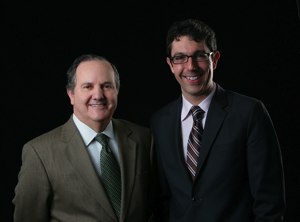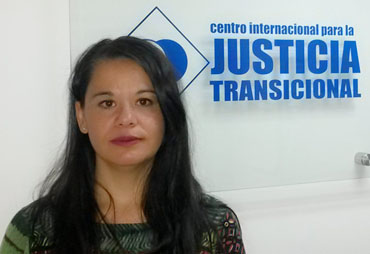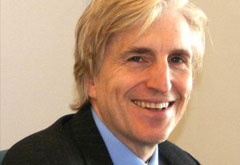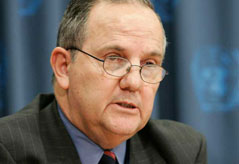
Repairing the Past: What the United States Can Learn from the Global Transitional Justice Movement
Transitional justice is about the most difficult dilemmas facing a society during some of the most troubling and challenging moments of its history. It is applied when a country needs…






